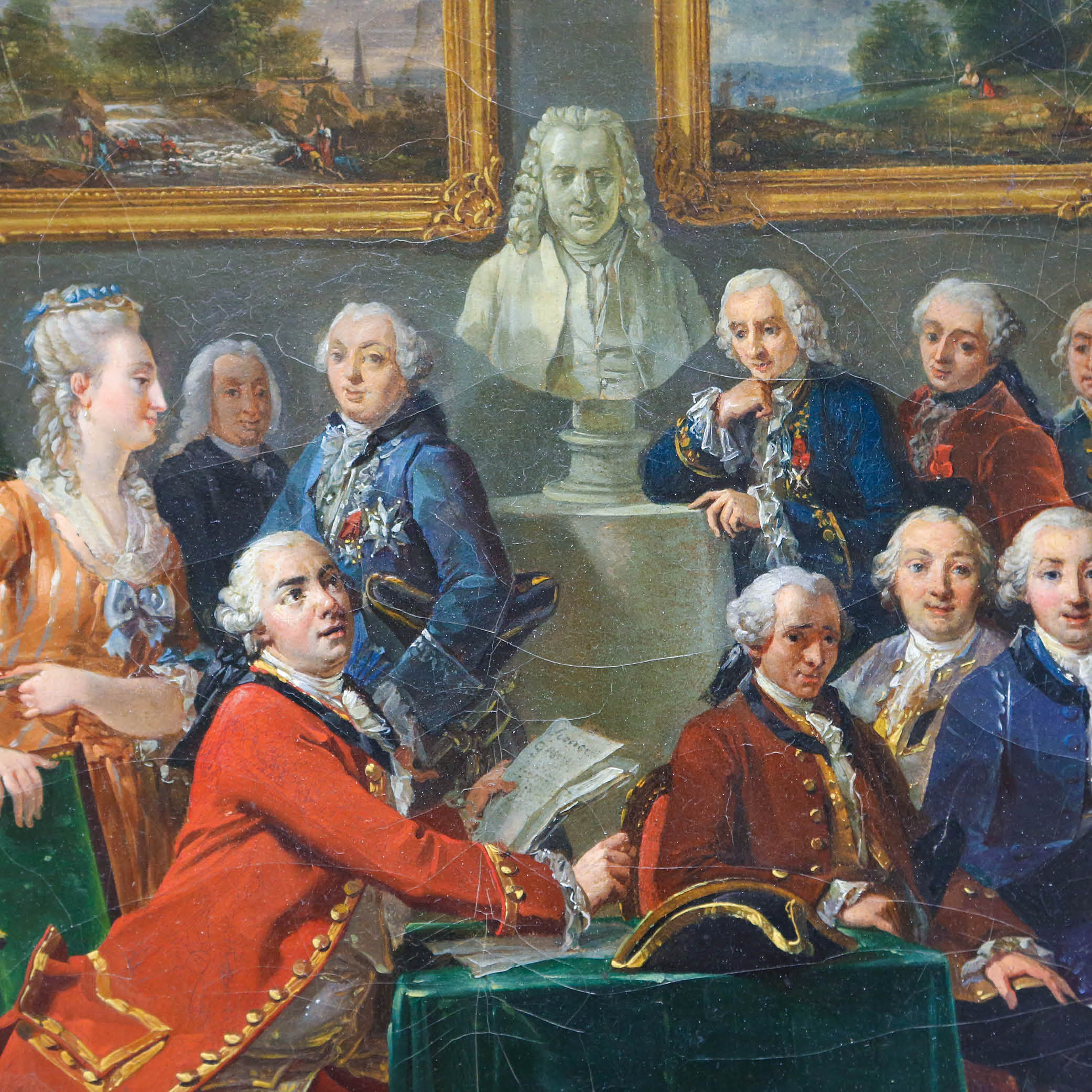The Inside Word

Fight for tolerance for those with whom we don’t agree
The French Philosopher Voltaire was born in 1694 and came up with ideas about freedom of speech, tolerance, reason, and freedom of religious belief. He fought to make sure people were tolerant and accepted everyone as they were. Voltaire it seems did not want individuals who were different to be persecuted. He also believed that there should be a guarantee of free speech in government. He wanted to help citizens obtain freedom of speech so they could stand up for what they believed in and have a voice in society, and influence laws and ideas. This was exceptionally profound in his day and continues to be referenced even today.
Today things have moved a long way from Voltaire’s time, but perhaps we are regressing. Where freedom of speech is guaranteed but limited, tolerance is only for those with the same view. This is evident both in society and in government. It seems that debates today are more focused on group think, outsourced ideas, limiting liability by shifting responsibility and the general outsourcing of tolerance to entertainment.
Also commonly attributed to Voltaire is the saying “I may disagree with you, but I defend to the death your right to say it.” (Author Evelyn Beatrice Hall attributed the saying to Voltaire in her work The Friends of Voltaire [1906]).
Free speech, therefore, should be more at the centre of the debates we are having right now. Debates about gender, equity and pay, race, constitutional change in the Voice, climate change, global security, the rise of China, and globalization just to name a few. But it seems there is a general fear to openly discuss some issues for fear of offending, or fear of disagreement with friends, family or work colleagues, or worse being branded as some sort of extremist if not in line with polite society or commonly held wisdom.
Freedom of speech seems straightforward at first glance but can be a tricky subject when people have a different view, an offensive view, or speak of things unpleasant to our sensibilities. This may be a case of those whom have never sinned be allowed to cast the first stone, so I will continue to be more open about needing to hear the other side more fully even where I disagree.
Nor is everyone innocent in their expression of views, sometimes looking to manipulate debates to favour another outcome or advantage themselves personally. Think Donald Trump and the many challenges he and his supporters now face in the US courts. Of course, there are many other examples but I kind of like the rawness of this one.
We all shape our views or have them shaped for us from somewhere, our education, friends, books, news stories, blogs, peer group and so on, hence why our views on certain subjects may vary wildly depending on where we were born, raised, educated or currently work.
In this process mass media is often singled out as the blame, and no doubt deserves such scorn in large proportion, but it ultimately reduces the personal responsibility we should all bare. Mass communication is not new, it’s been around as far back as a time when decrees and messages were sent via horseback from village to village. Today, it’s a little more complicated because more people know a little bit from reading stuff on the internet with some people even knowing everything from reading nothing at all.
Having the ability to hear others and see their perspective is difficult in a world with too much information particularly from those with access to bottomless wells of information to ‘prove’ their point.
So today we assume freedom of speech as a given, fought for in a previous time and openly granted to us through our democratic process in the free world. The reality on the other hand, is not so clear when free speech is regularly trampled if the expressed view is not in line with popular thinking, the moral high ground or is against the group. This is where the silent majority come from, those that feel they have no forum to express their views without the scorn of others and gives rise to extremists in all forms. And it is the silent majority that often make the biggest noise where it counts – at the ballot box.
Rather than fear the contemporary debates perhaps we should make a renewed effort to listen carefully and hear the other side and be more tolerant as Voltaire dared to promote more than 300 years ago.


